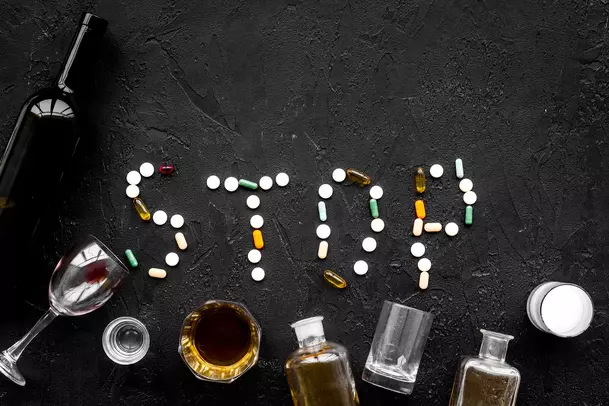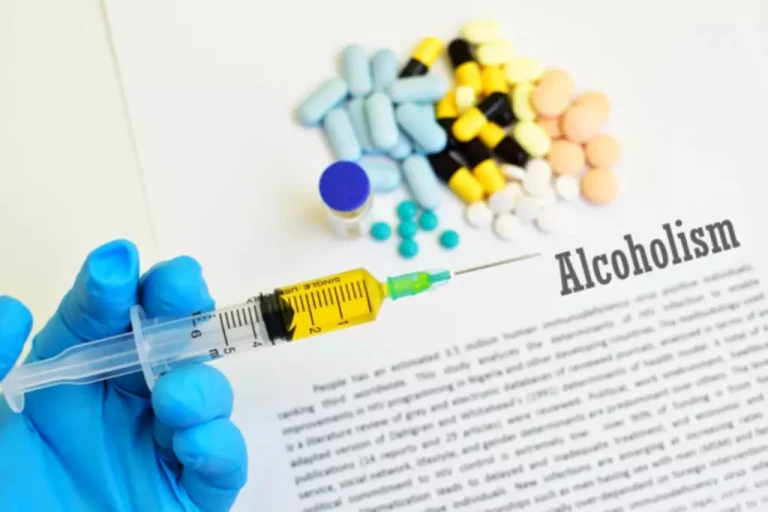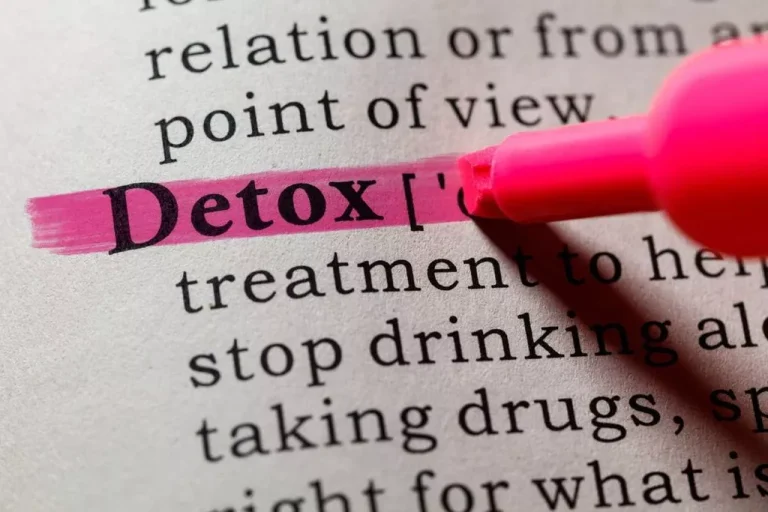Alcohol Intolerance: Symptoms, Sudden Onset & Later in Life Intolerance

But there are many symptoms that can present themselves in the case of an intolerance. It’s good to know what to look out for so you can get to know your body better, and update your future bar order accordingly. This article will look at mild, moderate, and severe allergy symptoms and how to tell if it’s an allergy or sickness causing your symptoms.
Sulfites intolerance
People with an alcohol allergy should exercise caution when eating or drinking anything that they have not prepared themselves. Dr. Parikh notes that clear alcohols like vodka, gin or blanco tequila have fewer allergens than other options like wine. Although she does add that signs of beer allergy your best bet is to not drink alcohol, or have it in very small amounts. Lastly, alcohol is a diuretic, meaning it increases urine production and can lead to dehydration. Dehydration can exacerbate allergy symptoms, such as dry throat, nasal congestion, and headaches.
- Allergic reactions can cause hives, facial swelling, nausea, and vomiting.
- Things get more complicated when it comes to distilled alcohol.
- Our bodies are full of enzymes, proteins that help break down food.
- If you do drink a beverage that causes a mild reaction, over-the-counter antihistamines may help relieve symptoms.
- If you have a sulfite allergy, you will have symptoms when you drink beer.
What is the difference between alcohol allergy and intolerance?
- Many patients who suffer from a wheat allergy also react to barley in beer.
- Then go to your nearest emergency department for follow-up care.
- It’s possible to be allergic to alcohol, but it’s not very common.
- If you need immediate relief from the symptoms of beer allergy or intolerance, an antihistamine can help.
These compounds are often added to beer and wine to limit the growth of yeast and act as a preservative. Common sulfites include potassium bisulfite or potassium metabisulfite. Sulfur dioxide is another closely related chemical that can trigger reactions in some people. An elimination diet is another way that medical professionals like to diagnose an allergy. This involves removing all potential trigger foods, including beer and its ingredients, from your diet for a specified period. If your symptoms improve during this time, specific foods or ingredients can be reintroduced one by one to identify the culprit.

Can You Develop An Allergy to Beer Later In Life?
- Alcohol intolerance is also known as alcohol flushing syndrome, alcohol rash, or aldehyde dehydrogenase 2 deficiency.
- One study of 948 individuals found that 7.2% self-reported wine intolerance.
- You’ll also experience symptoms when you eat other food products containing that allergen.
- Anaphylaxis is a rare but severe allergic reaction possible with any allergy, including beer or its ingredients.
If you’re allergic to another ingredient contained in certain alcoholic products, switching to a different drink might be an option. The symptoms of histamine intolerance are similar to an allergic reaction. For example, potential symptoms include red and itchy skin, nasal congestion, shortness of breath, abdominal pain, and diarrhea. If you have an allergy, your immune system over-reacts to contact with a trigger or “allergen.” If you have an alcohol allergy, your immune system treats alcohol as a threat. It responds to alcohol by producing antibodies known as immunoglobulin E (IgE).
People with this condition usually experience swelling in the lymph nodes in areas including the neck, armpits, or groin. An alcohol allergy can occur when a person with an alcohol allergy comes into contact with alcohol, which is also known as ethanol. Even so, if you have a severe corn allergy, you may want to avoid corn-based spirits, most especially bourbon. Gin, whiskey, brandy, and some vodkas may also use corn as an ingredient or flavoring, so be sure to check the label. People with grape allergies need to avoid wine and distilled spirits made with grapes, including cognac, ouzo, and vermouth.
- These problems make it difficult for the body to break down alcohol properly.
- You can still cherish your inner beer enthusiast by switching to beer with non-allergic elements or ingredients.
- Sudden onset of symptoms may also be caused by a newly developed intolerance.
- About 5 percent of children have a food allergy, but many outgrow those allergies by adulthood.
- However, they can come on suddenly, and a person could develop an alcohol allergy at any point in their life.
- One report, which the American Academy of Allergy Asthma & Immunology (AAAAI) cite, found a link between high levels of alcohol use and high IgE levels.
Be aware, however, that labels might not list all ingredients. Normally your body produces an enzyme called diamine oxidase (DAO) to break histamine down. If your body doesn’t produce enough active DAO, you may react to histamine in foods and beverages. The yeast used in the fermentation process can also cause reactions in individuals with yeast allergies or sensitivities.

While there is no cure for this condition, avoiding alcohol helps you stay symptom-free. Occasionally, a doctor may ask a person to consume alcohol in a medical setting and observe any reactions or symptoms. The healthcare professional uses a lancet to pierce a person’s skin and apply a small amount of the suspected allergen to see if it causes a reaction.
The immune system usually produces antibodies to fight harmful substances in the body. However, in people with an alcohol allergy, the system mistakenly produces antibodies to attack alcohol following exposure to the substance, triggering various symptoms. If you experience headache, flushing, itching, or congestion after drinking red wine, it may be because you have histamine intolerance. Some medications can stop your ALDH enzymes from working as well as they normally do. If you drink alcohol while taking these medications, you can experience alcohol intolerance. A true allergic reaction happens when your immune system goes into overdrive to attack something it sees as a threat.


People can develop an alcohol intolerance for a couple of reasons. For those who prefer non-alcoholic options, there are plenty of creative mocktails and non-alcoholic beverages available too. Cocktails and mixed drinks made with spirits like vodka, gin, or tequila can be great alternatives, as long as you avoid any beer-based mixers.
What is a Beer Allergy and Intolerance?
Certain types of yeast, such as Brewer’s yeast, may be more problematic for some people. Confusingly, the terms “beer allergy†and “beer intolerance†are used interchangeably, but there is a distinction between the two which is important to understand. Your symptoms can also be due to an interaction between beer or alcohol and any medication you’re taking.
